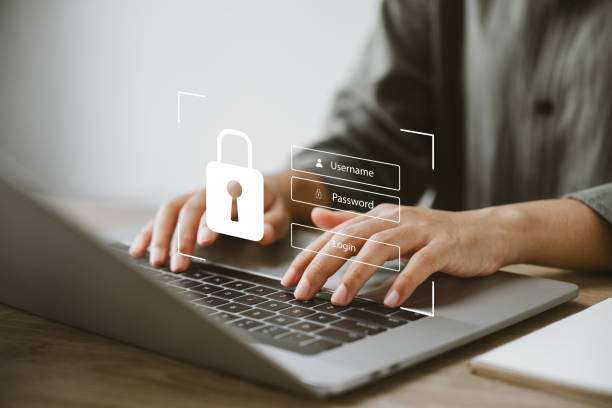In an era defined by the digital revolution and widespread connectivity, concerns about data privacy and protection have become increasingly prevalent. The proliferation of fake identification documents adds a new layer of complexity to these concerns, as individuals grapple with the implications of sharing personal information in an age of heightened surveillance and scrutiny. In this article, we’ll explore the intersection of fake IDs and privacy concerns, examining the risks associated with counterfeit identification documents and the measures needed to safeguard personal data in a digital age.
The Rise of Fake IDs in a Digital World
The advent of digital manipulation tools and online marketplaces has democratized the production and distribution of fake identification documents, making them more accessible and prevalent than ever before. With just a few clicks, individuals can access a vast array of vendors offering counterfeit IDs tailored to their specific needs and requirements. Cryptocurrencies and anonymous payment methods provide a cloak of anonymity, enabling transactions to take place with minimal risk of detection.
However, the ease of acquiring fake IDs comes with significant risks and implications for privacy. Individuals who purchase counterfeit identification documents online are often required to provide personal information, such as their name, date of birth, and photograph, to the seller. This sensitive information is then used to create fake IDs that closely resemble genuine documents, raising concerns about data privacy and security.
Privacy Risks Associated with Fake IDs
The use of fake identification documents poses several privacy risks for individuals, ranging from identity theft and fraud to surveillance and tracking. When individuals share their personal information with sellers of counterfeit IDs, they are entrusting their sensitive data to unknown and potentially unscrupulous actors. There is no guarantee that this information will be handled securely or used responsibly, increasing the risk of identity theft and financial fraud.
Moreover, the proliferation of fake IDs contributes to a culture of surveillance and tracking, as individuals’ movements and activities are monitored and scrutinized by businesses, government agencies, and law enforcement authorities. The use of counterfeit identification documents leaves a digital trail that can be traced back to the individual, compromising their privacy and exposing them to potential legal repercussions.
Safeguarding Personal Data in a Digital Age
In light of the privacy risks associated with fake IDs, it is essential for individuals to take proactive measures to safeguard their personal data and protect their privacy. This includes being cautious about sharing sensitive information online, especially with unknown or unverified entities. Individuals should also be vigilant about the security practices of websites and online platforms they interact with, ensuring that their data is handled responsibly and in accordance with privacy laws and regulations.
Moreover, businesses and organizations must prioritize data protection and privacy as fundamental principles of their operations. This includes implementing robust security measures, such as encryption and multi-factor authentication, to safeguard sensitive information from unauthorized access or disclosure. Additionally, businesses should adopt transparent and ethical practices for collecting, storing, and processing personal data, ensuring that individuals’ privacy rights are respected at all times.
Regulatory and Legal Considerations
In addition to individual and organizational efforts to protect privacy, there is a need for robust regulatory and legal frameworks to address the privacy risks associated with fake IDs. Governments and regulatory authorities must enact laws and regulations that govern the production, distribution, and use of counterfeit identification documents, imposing strict penalties for individuals and businesses found to be engaging in illegal activities.
Moreover, international cooperation and coordination are essential for addressing the global trade in fake IDs and protecting individuals’ privacy rights across borders. By collaborating with other countries and jurisdictions, governments can share information and resources to combat counterfeit document rings and dismantle the infrastructure supporting their production and distribution.https://www.fakedriverslicense.com/
Conclusion
The proliferation of fake identification documents presents significant privacy risks for individuals in a digital age characterized by heightened surveillance and scrutiny. From identity theft and fraud to surveillance and tracking, the use of counterfeit IDs compromises individuals’ privacy rights and exposes them to potential legal repercussions. By prioritizing data protection and privacy as fundamental principles, individuals, businesses, and governments can work together to safeguard personal data and protect privacy in an increasingly interconnected world.
